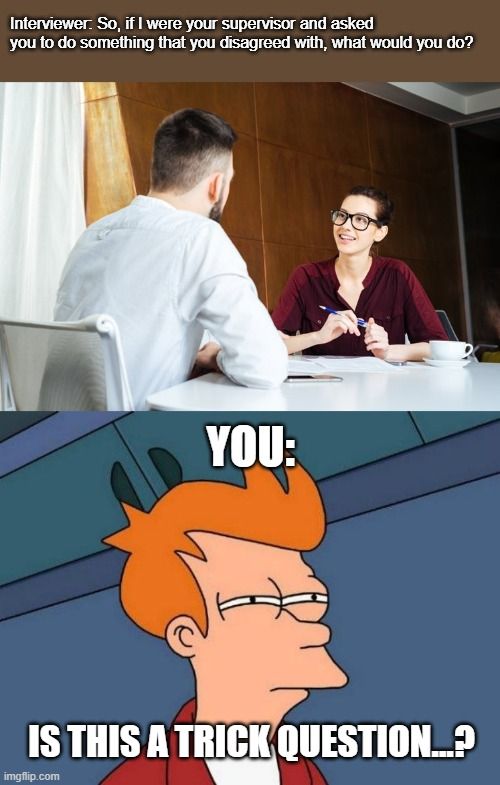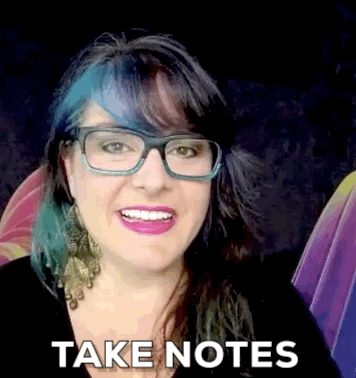
This logo isn't an ad or affiliate link. It's an organization that shares in our mission, and empowered the authors to share their insights in Byte form.
Rumie vets Bytes for compliance with our
Standards.
The organization is responsible for the completeness and reliability of the content.
Learn more
about how Rumie works with partners.
Your job interview is going so well and then you're asked:

First of all, no, it's not a trick question. And, no, the hiring manager isn't trying to get you to engage in illegal business practices.
They're asking this question to find out how...
you deal with conflicts and disagreements 💪
far you're willing to go to make yourself heard 👄
much you understand about the fine art of negotiation 🤝
Mistakes You Should Avoid

Never give an ultimatum. Aim to negotiate, not escalate. This is not where you'd want to say, "I'd probably quit."
Avoid fixed language. You want your answer to reflect your flexibility. Avoid phrases such as, "I'd never..." or "There's no way I'd ever..."
Never make assumptions. You don't want to assume what the situation is or if the supervisor is at fault. Give everything the benefit of the doubt.
Avoid coming off like a know-it-all. This isn't the time to show how you'd correct a supervisor.
Quiz
“I'd talk to the CEO and tell them what my manager instructed me to do, then tell them what should be done instead. Then let the CEO decide if it's best.” Why should you avoid an answer like this?
You need to show in your workplace that you can respect workplace hierarchies and use your negotiation skills to deal with a disagreement professionally.
How To Answer Correctly

Outline the steps you'd take to resolve potential misunderstandings and disputes.
Use impartial language to show that you're trying to understanding the other side's position instead of focussing on the disagreement itself.
Show flexibility by explaining that you'd be open to changing your position to help resolve the situation if it takes an unexpected direction.
Maintain your integrity by showing that you have boundaries, especially when it comes to operating ethically or managing projects.
You want your answer to show that you're willing to troubleshoot and resolve conflicts and disputes.
Did you know?
Rumie is a nonprofit community dedicated to making innovative learning free for everyone.
Example Time!
Still feeling overwhelmed on how to frame your answer?

Here's an example you can model your own response after:
"I would first make sure I understood what was being asked of me. Then, if I felt that there was a better solution, I would propose that.
If my manager still asked me to do things a certain way, I would trust my superior and follow their instructions.
However, if I were being asked to do something immoral or illegal, or something I strongly felt would negatively impact others, I would express my concerns. If my manager was not willing to listen, I would likely take my concerns to a neutral individual to get another opinion."
Notice that the focus is on the process of reaching a solution and NOT the disagreement itself.
This Byte has been authored by
Jennifer Stone
Instructional Designer
